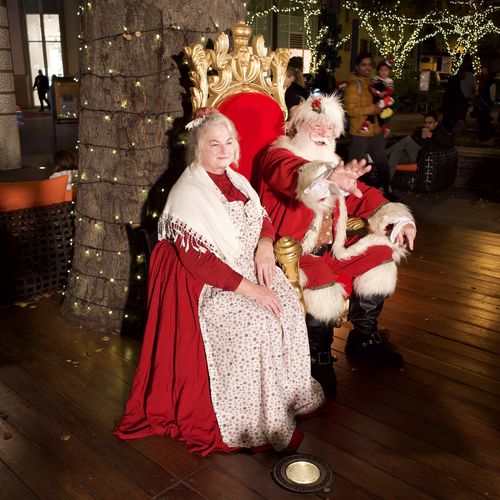I read an interesting article about luxury real estate auctions in the Wall Street Journal a few weeks back, and it got me thinking about luxury home auctions in our neck of the woods, especially since the article mentioned the sale of a Bay Area landmark home that was recently in the local news.
The Wall Street Journal article’s headline was: Wealthy Homeowners Are Overpricing Their Homes. Auctions Show Just How Much.
I’m not going to quibble with the first part of that headline—clearly, many luxury homeowners overprice their properties when they bring them to market. There are several reasons for this. Chief among them is that many luxury homeowners aren’t particularly motivated to sell and have plenty of time to wait for the right buyer.
Another reason is that these homes are often quite unique, making it challenging to determine fair market value. To avoid selling their home too cheaply, sellers often price high out of fear of loss. Then there’s the endowment effect, an innate tendency for people to believe that what they own is worth much more than what others perceive it to be.
But it’s the second part of the headline I have a problem with: I don’t think luxury auctions show how much these homes are overpriced. Rather, I believe these shockingly low luxury home sale prices at auction expose a fundamental flaw in the auction sales model. That, I think, should be the real headline.
The standout quote from the article is: “I think I vomited and blacked out.” This came from a homeowner who was persuaded to auction her home in a no-reserve auction, only to be completely taken to the cleaners in the process, selling for millions below what she had been led to expect.
Fortunately, there aren’t many luxury auctions in the Bay Area yet—but a growing number of auction companies are operating locally, many of them targeting the upper end of the market.
I believe they see an opportunity with the high number of expired luxury listings. It’s very common for luxury homes not to sell the first time they’re listed. Once a property ends up on “the expired list” (the catalog of homes that didn’t sell during the listing period), it becomes a ripe target for auction companies. It’s clear these homeowners want to sell, but they’ve been unable to do so thus far.
Despite the clickbait headline, the article shares examples of how luxury homeowners often do far better on the open market than at auction. One example cited was the sale of the “Western White House” in Hillsborough a few months ago (listed by Compass, naturally). The property was initially set for auction with starting bids between $10 million and $17 million, but the auction was pulled when bids didn’t meet even those low thresholds. Later, the seller returned to the market and sold the property for $23 million.
Auction companies promote auctions as a pure expression of market forces, where buyers compete openly, driving the price up to the highest level the market will bear.
However, as the Wall Street Journal article vividly illustrates, sellers often achieve much higher prices through the traditional resale market.
Why is that?
I believe there are a few key reasons:
- Buyer Expectations: Auctions tend to attract buyers looking for bargains, not those seeking a specific kind of home in a particular neighborhood and willing to pay handsomely for it.
- Buyer’s Premium: Many auctions impose a “buyer’s premium,” a fee as high as 9% on top of the sale price. This can make properties seem less appealing and drive away potential buyers.
- Negotiation: Auctions eliminate the ability to directly negotiate with buyers—a critical element in achieving top dollar.
Some people argue that negotiation doesn’t make a difference, claiming that “the market is going to pay what the market is going to pay.” But I strongly disagree. That assumption overlooks the reality that not all REALTORS are the same.
Think about it: are all doctors, lawyers, Python coders, and auto mechanics the same? Of course not. There are plenty of average professionals, but there are also exceptional ones who outperform their peers and deliver far better results—often at a premium for their expertise.
The same applies to REALTORS. Some REALTORS have the skill and strategy to negotiate a “nosebleed sale price” for a property, while others may leave money on the table. There are countless opportunities for a REALTOR to mishandle negotiations—or to masterfully play buyers against one another, ensuring the seller walks away with every dollar they deserve.
If you’re looking for a top-notch negotiator to represent you in selling your Silicon Valley home, please reach out. I’d love to share my proven strategy to get you more money for your home than you could achieve through any other method—be it an auction or another agent.
Silicon Valley Luxury Homes for Sale
2
3
4
5
6
7
8
9
10
11
12
13
14
15
16
17
18
19
20
21
22
23
24
25


